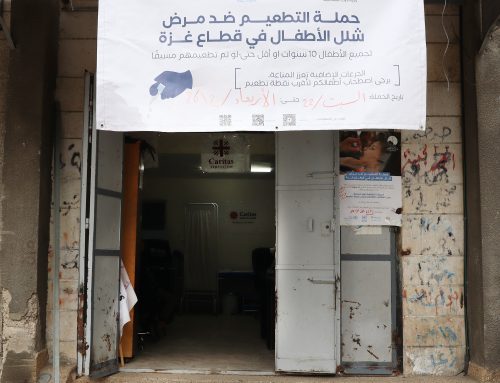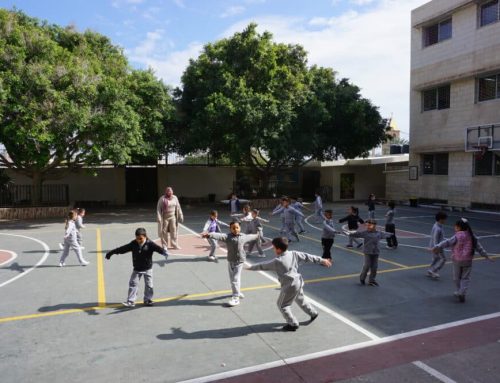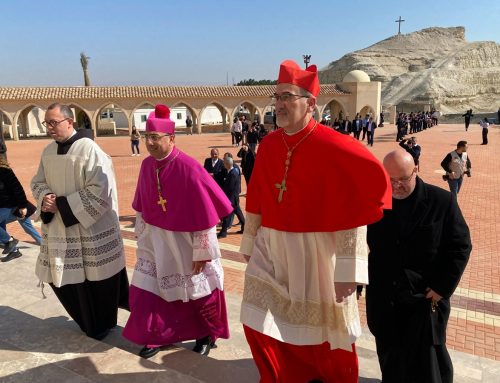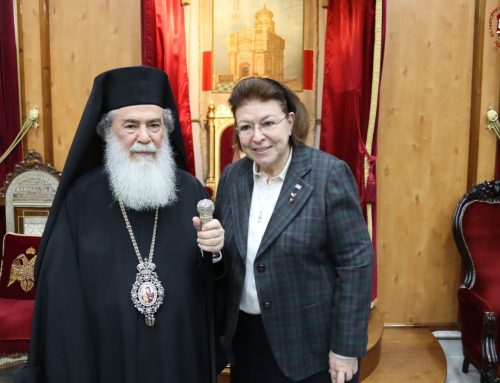
In fact diplomatic relations between Israel and the Lebanon remain at a standstill, despite the fact that Lebanon was the first Arab league nation to sign an armistice treaty with Israel in 1949. No Lebanese religious dignitary has visited the country, with which Lebanon is technically at war, since its creation in 1948.
"The Pope is going to the diocese of the patriarch, so it’s normal that the patriarch should welcome him,” said Cardinal Rai, referring to the 10,000 Maronites residing in the Holy Land.
The issue of travel between the two countries presents a minefield of diplomatic restrictions. Tourists who arrive to the Lebanese borders with a passport bearing an Israeli visa are not allowed entry into the country and Lebanese citizens who move to Israel can be prosecuted for high treason. Lebanese citizens are not permitted to visit Israel, nor are Israelis allowed to cross the border to the north.
Exceptions to the web of restrictions are for Maronite clergy, who are permitted to travel as part of their function within the Church.
Yet Rai’s announcement has provoked condemnation from Lebanese nationalist and anti-Israeli parties.
The Shiite religious-political movement Hezbollah, created in 1982 to oppose the Israeli occupation of southern Lebanon and which is considered to be at the vanguard of the armed struggle against Israel, is leading the criticism being flung at Rai. The newspaper As-Safir, considered one of the party’s megaphones, ran the headline on May 3, “Historical Sin – Rai goes to Israel”. The controversy was furthered by the paper when it speculated that the patriarch could shake hands with Israeli leaders who will be in the front row to welcome Pope Francis at Ben Gurion airport in Tel Aviv.
Lebanon’s daily newspaper Al-Akhbar hypothised that the patriarch’s trip might herald a possible shift towards "normalized relations with Israeli occupation". A delegation of Christian MPs opposing the trip has declared it intends to meet with the Apostolic Nuncio to Lebanon, Archbishop Gabriele Caccia, to explain the possible negative repercussions of Cardinal Rai’s decision.
For their part, the Maronites have promptly reacted by insisting on the "duty" incumbent on their spiritual leader. “The patriarch's aim is not to sign a peace treaty with Israel," noted the Maronite Bishop Samir Mazloum speaking with international broadcaster OTV. The bishop also said that Rai does in fact plan to accept an invitation to meet with Palestinian President Mahmoud Abbas.
In the midst of so much din, the patriarch, who is currently in France, insists on the religious and non-political purpose of his visit, just as in February 2013 when he broke another taboo by travelling to Syria. On May 5, Lebanese daily paper An-Nahar published a new declaration, in which the patriarch says, “I know very well that Israel is an enemy country that occupied Lebanese lands, and I respect the Lebanese laws. I am not scheduled to meet any Israeli figures, and I feel sorry that some Lebanese want to make a fuss out of it,” said Rai.
The cardinal invited Lebanese citizens to focus on more important issues, such as the election of the new President of the Republic, rather than create more strife with the aim of undermining national unity.
The patriarchal curia released a statement confirming that "the armistice of 1949 provides that the Maronite bishop of the Holy Land can travel to Lebanon and Palestine". Also, there is a tacit agreement with the Lebanese authorities that allows religious figures to go on missions in the Holy Land, both by land – via Jordan – and by air.
The controversy of recent days emphasizes, once more, that in the small state of Lebanon, it is not always easy to separate religion and politics.
Source: Abouna.org





